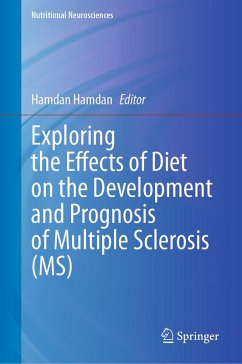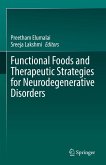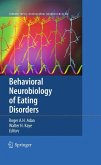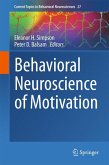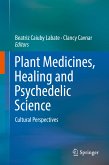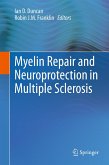Backed up by evidence gathered from review and clinical trial papers, the book discusses the role of vitamins such as A, B, and D, as well as dietary supplements like caffeine, carnitine, and lipoic acid in benefiting patients with MS. Particular attention is given to the significance of vitamin D in lowering the risk of developing MS and its immunomodulatory effects on the inflammatory processes associated with the disease.
In parallel, the book also addresses the detrimental effects of diets such as the Western or high salt diet (HSD) on MS prognosis, emphasizing how these dietary regimens can harm the gut microbiome and exacerbate inflammatory responses, ultimately promoting demyelination of the central nervous system (CNS). The book then explores alternative dietary approaches that confer a protective effect on the gut microbiome and the CNS, including whole grain, fasting, Mediterranean, and ketogenic diets.
This comprehensive resource is an essential reading for patients with MS seeking to understand the potential impacts of diet on their overall health, as well as healthcare professionals and researchers interested in exploring dietary interventions for MS management.
Dieser Download kann aus rechtlichen Gründen nur mit Rechnungsadresse in A, B, BG, CY, CZ, D, DK, EW, E, FIN, F, GR, HR, H, IRL, I, LT, L, LR, M, NL, PL, P, R, S, SLO, SK ausgeliefert werden.
Hinweis: Dieser Artikel kann nur an eine deutsche Lieferadresse ausgeliefert werden.

